
The Edgar Fellows Program focuses on developing leadership and governing capacity in Illinois.
The Edgar Fellows Program focuses on developing leadership and governing capacity in Illinois. It emphasizes the need to forthrightly address major policy issues without permitting partisan, ethnic, and regional rivalries to trump statesmanship. It is designed to influence attitudes and foster mutual understanding. It holds the promise of facilitating bipartisan and cross-regional cooperation as class participants––diverse in race, gender, political persuasion, and geography––assume more influential public leadership roles. At no cost to them––other than transportation to and from Urbana-Champaign––Edgar Fellows participate in an intensive five-day executive leadership training program on the campus of the University of Illinois Urbana-Champaign. It’s been five decades, but Jim Edgar often reflects on one character-honing moment. As a young aide to W. Russell Arrington, the Senate Republican leader and most dominant force in the Illinois General Assembly, Edgar tried to comfort his distraught boss at the close of a legislative session by suggesting the impasse on a critical transportation issue actually might benefit the leader politically. “That’s not the point, Jim,” replied Arrington. “We’re here to solve problems, and we didn’t solve the problem.” When Edgar became Illinois’ 38th governor in 1991, he inherited what was then the largest budget deficit in the state’s history. Eight years later, he left a $1.5 billion cushion for his successor. The Republican chief executive worked with Democratic legislative majorities for six of his eight years in office to erase the deficit, balance the budget, and move the state forward in education and other key areas. The downstate governor worked on a bipartisan basis with representatives and senators from every corner of Illinois––including the four legislative leaders from the Chicago metropolitan area. Now he is sharing the lessons from his distinguished career in public service with emerging leaders from public and private sectors throughout the state. Crises in state finance and other crucial areas frequently result from crises of leadership––paralysis caused by political posturing and provincialism. As many as 40 up-and-comers are selected annually to become Edgar Fellows. Among their teachers are Governor Edgar and others who have excelled in the public arena—practitioners as well as researchers and scholars. The Fellows learn about leadership skills, strategies, and expectations through sessions designed to inform and inspire. In addition to the in-person program, the participants are afforded opportunities to continue their education through social networking and other forms of high-tech communication. They also are invited to join sessions designed to brief them on crucial policy issues.
As the 38th Governor of Illinois, Jim Edgar inherited what was then the largest deficit in the state’s history. He made hundreds of millions of dollars in budget cuts. He found ways to deliver services more efficiently and effectively, reducing the state workforce by 2,500 employees. He eliminated a backlog of $1 billion of unpaid health care bills. He provided income tax relief and left an unprecedented $1.5 billion in the treasury for his successor. Governor Edgar also reformed welfare through innovative initiatives to move recipients from dependence to independence. He saved homeowners billions of dollars by proposing and winning legislative approval for caps on property taxes. He fought for––and won––legislation to assure an adequate funding level for each and every school child in Illinois. He and First Lady Brenda Edgar won national recognition for their adoption initiative that took Illinois from the bottom to the top among states in placing children in loving homes. Edgar was elected governor in 1990 and re-elected by the widest plurality any incumbent Illinois governor has received, carrying 101 of the state’s 102 counties, including Cook. His announcement that he would not seek a third term surprised the Illinois media and political insiders, who cited poll numbers that indicated he had earned the highest approval rating of any Illinois chief executive and was in a strong position to win again. As he was leaving office, the Chicago Tribune stated that Governor Edgar’s “instincts and motives were as sound as those of any governor the state has had.” Edgar’s stewardship capped three decades of public service. He distinguished himself as a key aide to government leaders, a member of the General Assembly and as Secretary of State, where he led a crackdown on drunk drivers, won approval for a law requiring lllinois motorists to carry insurance. After retiring from elective office, Governor Edgar was a resident fellow at the John F. Kennedy School of Government at Harvard. He has continued his commitment to responsible and responsive government as a distinguished fellow at the University of Illinois’ Institute of Government and Public Affairs. He spearheads the Edgar Fellows program, which brings together emerging leaders from all parts of Illinois to foster the statesmanship that will address major challenges across regional, partisan, and ethnic lines. Governor Edgar also lectures to students at the U of I and in colleges and universities throughout the state and serves on several corporate and non-profit boards. He is president emeritus of the Abraham Lincoln Presidential Library Foundation.
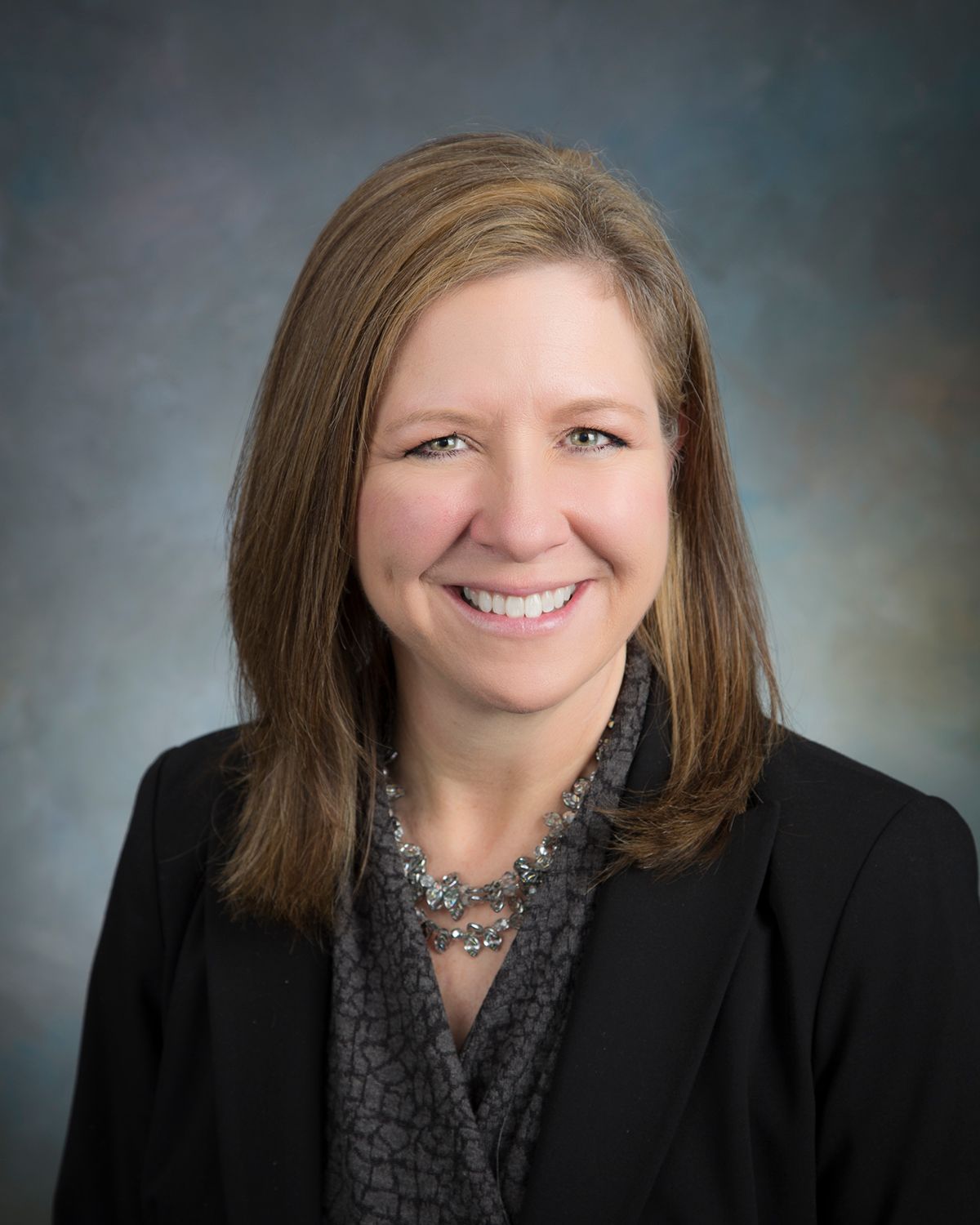
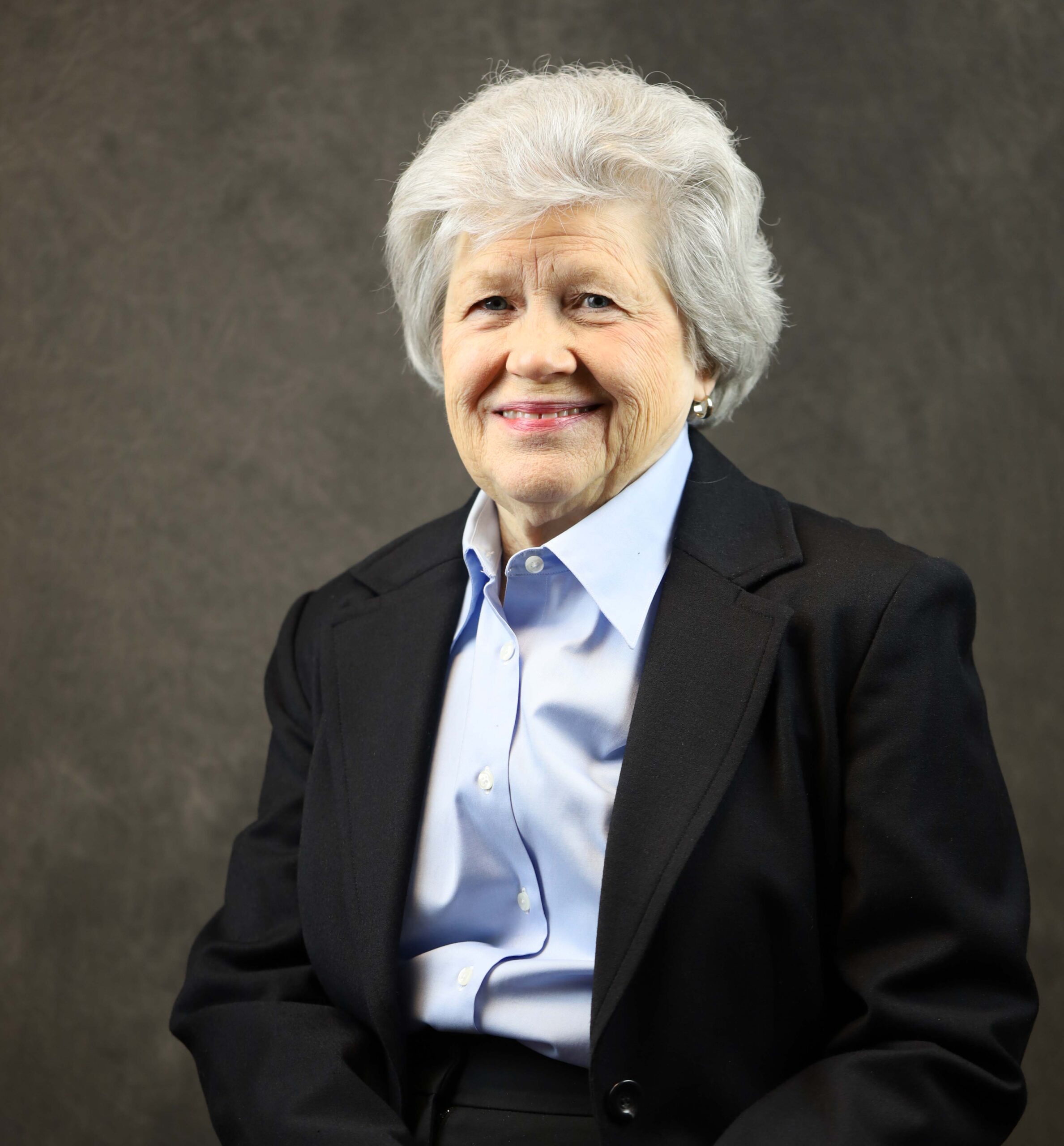
I was proud and humbled to be an Edgar Fellow in 2015. It was a wonderful opportunity to meet people from across the state who are all involved in public policy and who want to make Illinois and the United States a better place to live and to work. The friendships and relationships have been invaluable to me
The Edgar Fellows program was phenomenal. I left inspired and ready to help organize Illinois for improvement!
The program was unique in that it provided unparalleled access to leaders who are shaping public policy in our state and nation today. In a very short time, our class formed a strong camaraderie and professional relationships that I believe will last our lifetimes.
As many as 40 up-and-comers are selected annually to become Edgar Fellows. They include leaders from state and local government, community groups, civic organizations, and the private sector. Each class includes Fellows from Chicago, the suburbs, and downstate Illinois and reflects the gender, racial, political, and geographic diversity of Illinois.
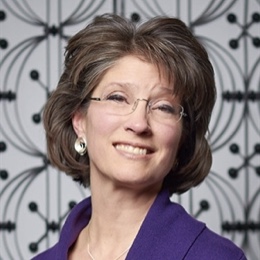
Nonresident Senior Fellow
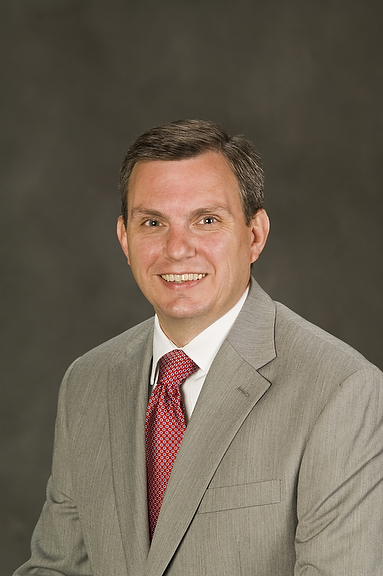
COS of the Chancellor SIU
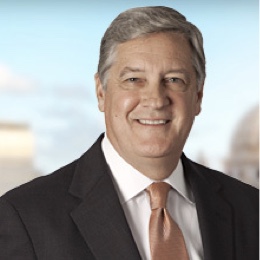
retired GPA, dykema law
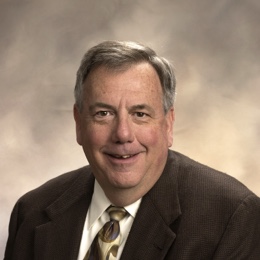
Director, Hanson Professional Services and former Illinois Secretary of Transportation
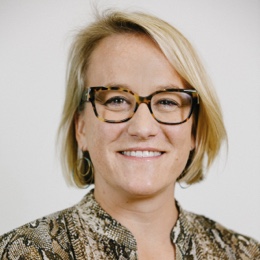
U. S. Congresswoman
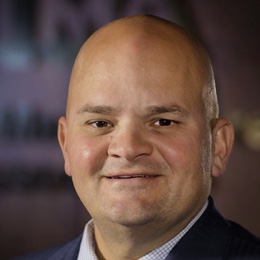
President & CEO, Illinois Manufacturers Association
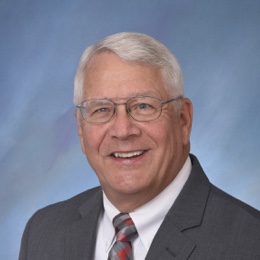
Former Legislative Director at Environmental Law and Policy Center and former Deputy Chief of Staff for Governor Jim Edgar
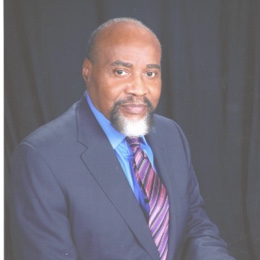
Owner of HAP Inc., first Secretary of the Illinois Department of Human Services
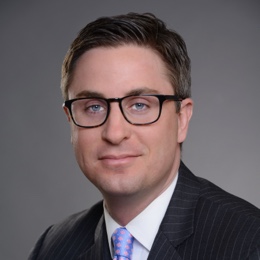
Partner, Turing Strategies
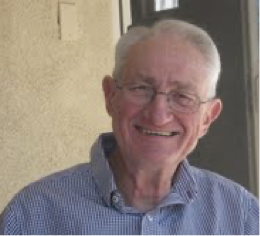
Former Director of the Paul Simon Public Policy Institute at SIU, press secretary and senior policy adviser to Governor Jim Edgar
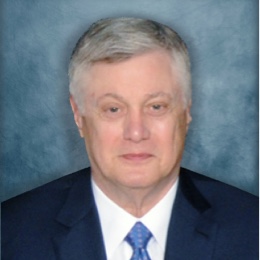
Advisory Board Chair: CEO, Illinois State Medical Society
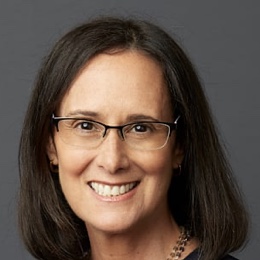
Partner, Kirkland & Ellis Law Firm; Former Attorney General, State of Illinois
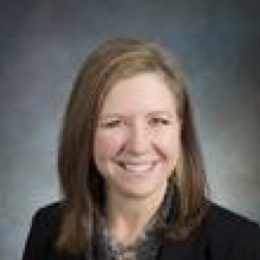
Executive Director, Edgar Fellows Program
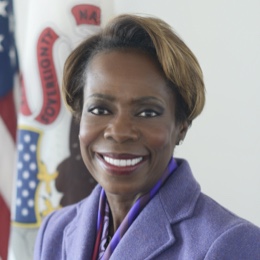
Executive Vice President and President, Government Business Division, Anthem, Inc. and former Director, Illinois Department of Health and Family Services
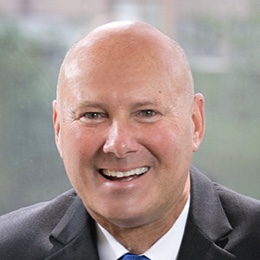
Chief Strategy Officer, Globetrotters Engineering Corporation
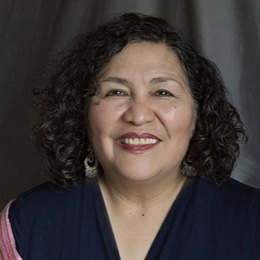
President and CEO, Latino Policy Forum
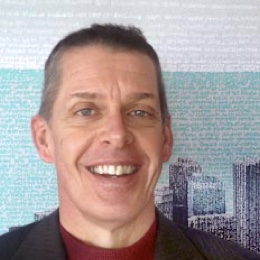
Chairman and Founder, Hawthorne Strategy Group
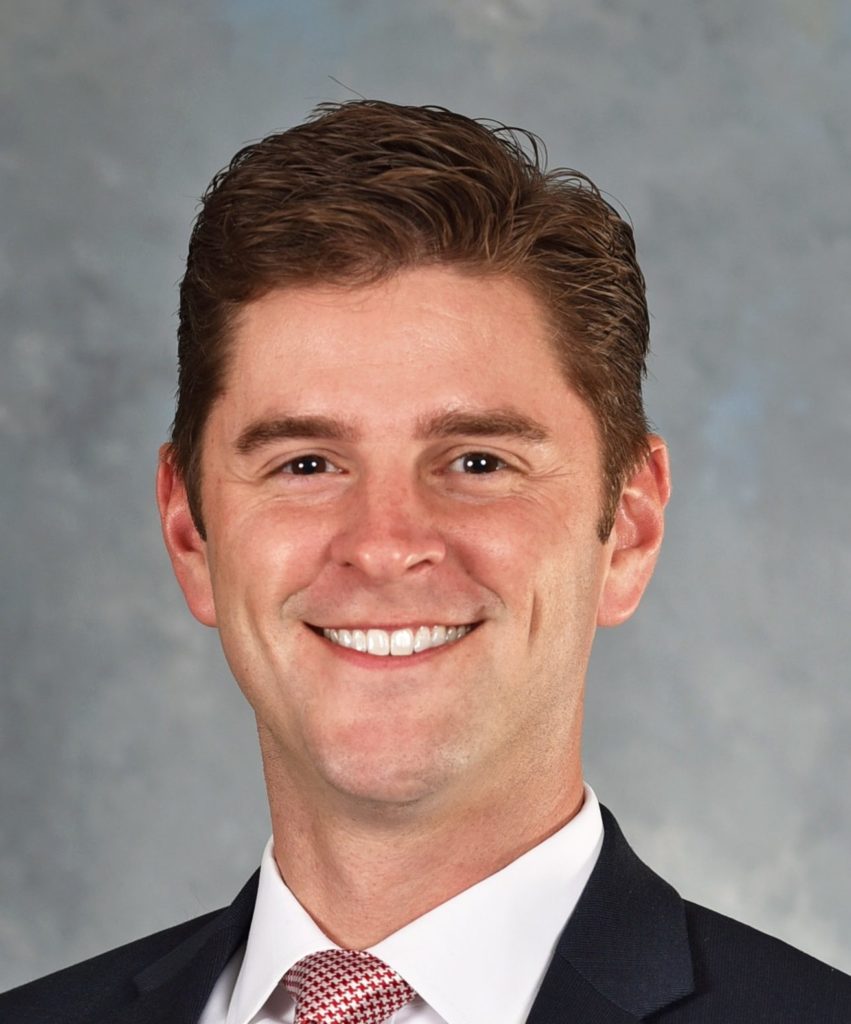
Illinois State Representative, Deputy Minority Leader
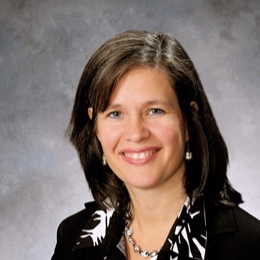
President, Advance Illinois and Trustee on the Steans Family Foundation Board
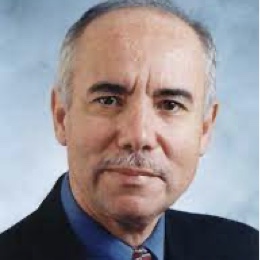
Former Chicago Public Schools Board President, former State Senator and former Chicago City Clerk
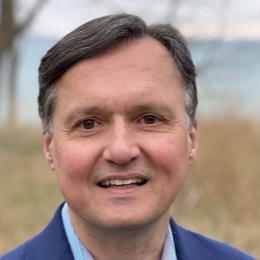
Founder and CEO, Systima Capital Management
We need your help to establish a solid financial future that will allow the Edgar Fellows Program to continue developing leaders for generations to come. The endowment we raise will keep the program independent of political pressures, conflicts of interest, and state budget cutbacks, ensuring that Governor Jim Edgar’s legacy lives long and Illinois’ future remains bright.
NominateSue Grace Rominger Edgar Fellows Program Institute of Government and Public Affairs
Contact Us